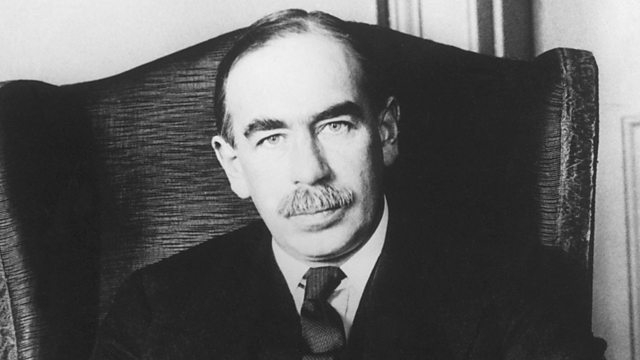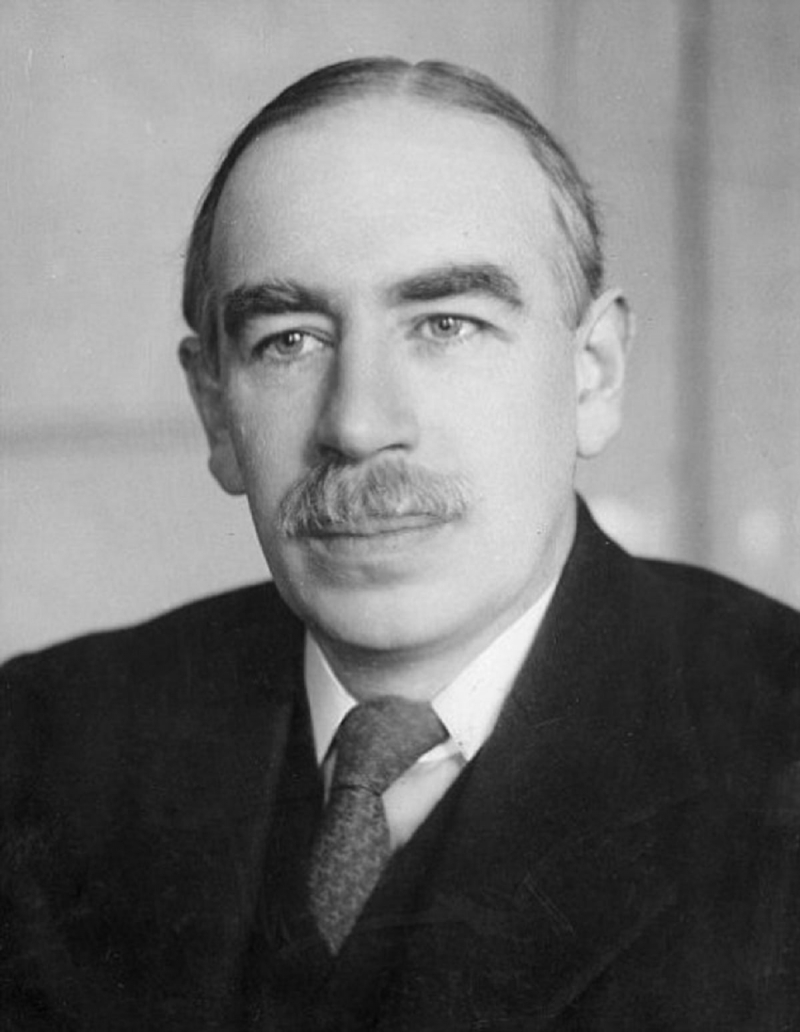John Maynard Keynes’ Theories And Ideas Had A Resurgence In The Early 21st Century
The stagflation that afflicted the Anglo-American economies in the 1970s and Milton Friedman and other monetarists' criticism of Keynesian policies, which questioned the legitimacy of the government's ability to effectively regulate the business cycle through fiscal policy, both contributed to Keynes's decline in influence. But the onset of the 2007–2008 global financial crisis led to a revival of Keynesian theories. Economic actions implemented in response to the financial crisis of 2007–2008 by President Barack Obama of the United States, Prime Minister Gordon Brown of the United Kingdom, and other heads of state were theoretically supported by Keynesian economics.
The rapid resurrection of Keynesian policy is a remarkable reversal of the dogma of the previous several decades, according to a Financial Times piece from the end of December 2008. In his book The Return of Depression Economics and the Crisis of 2008, published in December 2008, Paul Krugman made the case that the economy has returned to earlier 20th-century conditions, making Keynesian policy recommendations more important than ever. In their book Animal Spirits, published in February 2009, Robert J. Shiller and George Akerlof make the case that the current US stimulus package is insufficient because it disregards Keynes's insight regarding the significance of confidence and expectations in determining the future behavior of businesspeople and other economic agents.









